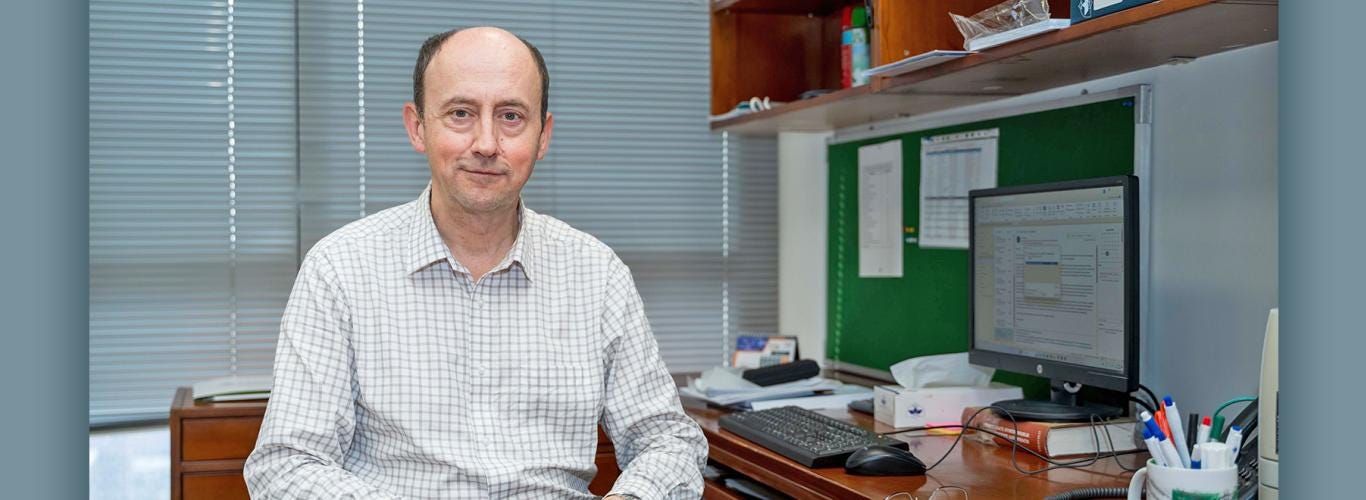Hello, Curious Minds,
Welcome back to another post! I'm particularly excited about this one because it's an interview with none other than Dr. Walter Schwarzacher, the Dean of the Syed Babar Ali School of Science and Engineering (SBASSE) at LUMS. Dr. Schwarzacher, who hardly needs an introduction, has had a distinguished career. Before joining SBASSE, he held senior academic roles in the UK and has been a Professor of Physics at the University of Bristol since 2005.
Enough with the introduction! Without further ado, let's dive into the insights and experiences of Dr. Walter Schwarzacher. As always, grab a cup of coffee, sit back, and let's explore the stories and wisdom that Dr. Schwarzacher has to share with us.
Can you share your journey into the field of science? What sparked your initial interest?
Dr. Schwarzacher: My parents were both scientists, but two special experiences convinced me to become a physicist. The first was participating in a science fair project where we observed how the number of sunspots changed over time, for which our local university lent our group a very nice refracting telescope. The second was an internship program (similar to RISE) I joined as an A-level student. This program was also organized by my local university and gave me and my partner the opportunity to use a powerful particle accelerator, which was an extremely impressive piece of equipment.
Who were some of your early influences or mentors in your scientific journey?
Dr. Schwarzacher: My most influential mentors were my two PhD supervisors. They taught me that it is important for an experimental scientist to be imaginative, as only then will they devise truly innovative investigations. They also instilled in me that it is essential for a scientist, especially one who is also a teacher, to be a compassionate, honest, and decent human being.
In your experience, what are the most effective ways to spark a student's interest in science?
Dr. Schwarzacher: The chance to observe the night sky (or the sun) with a telescope—the bigger, the better!
How can educators make science more engaging and accessible for students who might not initially be interested?
Dr. Schwarzacher: Educators should welcome difficult questions and be honest when they don’t know the answers. They should also expose students to the beauty and complexity of nature and ensure they don’t spend all their time on their phones.
How can parents and teachers support and nurture a child's curiosity in science from a young age?
Dr. Schwarzacher: We need more good role models—teachers, professors, scientists on TV, and science students making podcasts!
I extend my heartfelt thanks to Dr. Walter Schwarzacher for generously sharing his time, insights, and invaluable experiences. His wisdom has undoubtedly enriched this blog post and contributed to a deeper understanding of the topics discussed. I am truly grateful for the inspiration and guidance that Dr. Schwarzacher continues to provide.
Quote of the week:The important thing is not to stop questioning. Curiosity has its own reason for existing
Albert Einstein






Quite an entertaining read, especially getting to know Dr. Walter's way of thinking and perspectives of certain things and opinions, Keep up the good work Ibneha, looking forward for more reads like this! <3
welcome back clockwise conversations!!